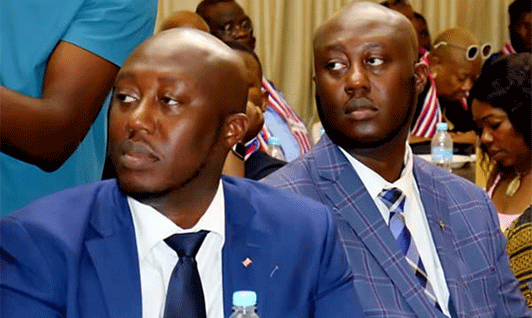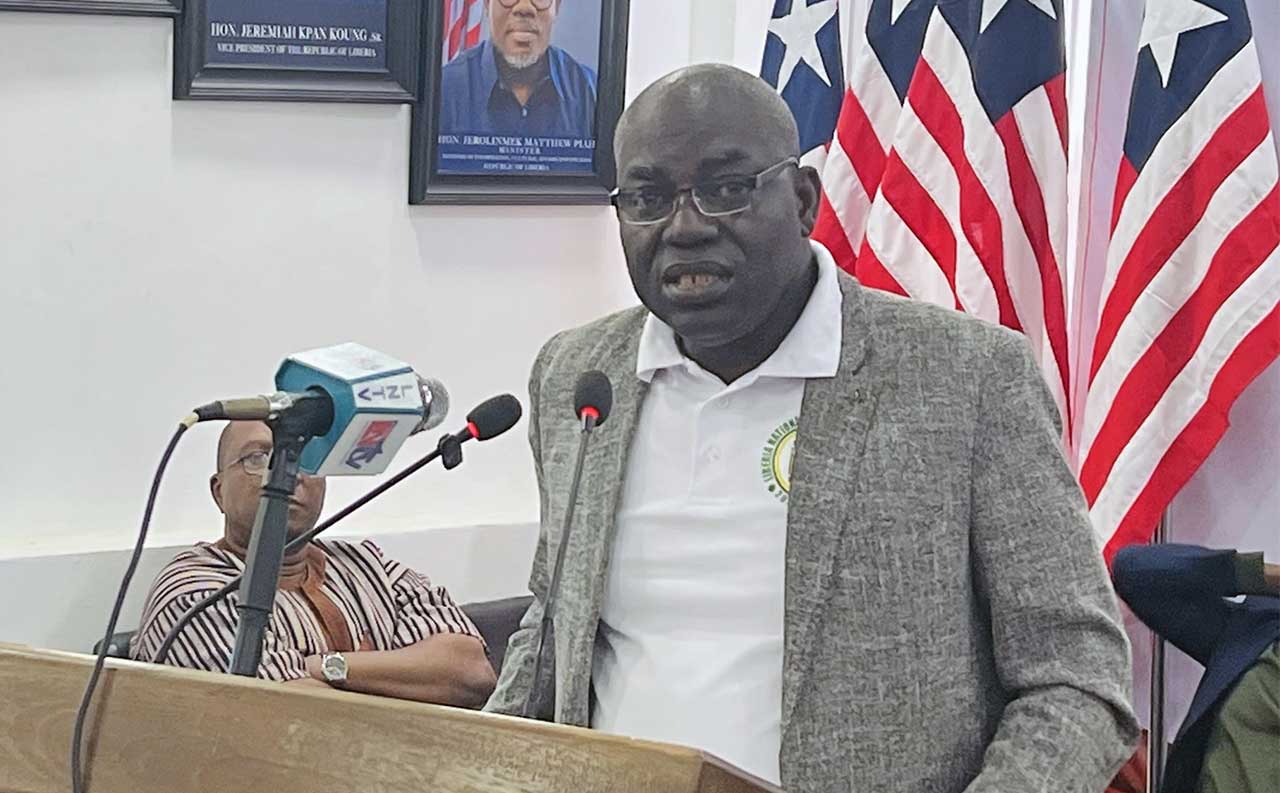The Supreme Court of Liberia has summoned all parties in a high-profile defamation case between former Liberia Drug Enforcement Agency (LDEA) Hassan Fadiga and his brother Hussein Fadiga, and former LDED Chief Abraham Kromah, mandating them to appear for a judicial conference.
This follows a petition for a Writ of Error file last week by the Fadiga brothers, challenging the $1.6 million default judgment awarded to ex-LDEA Director Kromah. According to a Friday, July 11 communication from the Clerk of the Supreme Court, Cllr. Sam Mamulu, the conference is slated for Tuesday, July 15 at 10:00 a.m. before Associate Justice Ceaineh D. Clinton-Johnson. The directive also orders a stay of all further proceedings at the lower court pending the outcome of the conference.
In their petition, Hassan and Hussein Fadiga, residents of Monrovia, reportedly contend that the Civil Law Court, presided over by Judge George W. Smith, violated procedural law and their constitutional rights by continuing with the defamation case without their knowledge.
They assert that they were never served with the complaint or any subsequent court notices. The brothers reportedly allege falsification of service documents by court officers, citing evidence such as passport and immigration records showing one of them was outside Liberia for a period when service was allegedly done.
The judgment arose from a libel lawsuit filed by Mr. Kromah. He claimed reputational damage after Hassan Fadiga, formerly with the LDEA, wrote to the Justice Minister accusing him of professional misconduct, while his brother allegedly discussed the letter content on the radio. The accusation followed a 2024 internal conflict at the LDEA, which led to the suspension, investigation, and dismissal of several leadership members. However, the investigation report with alleged damaging findings about Mr. Kromah was never released publicly.
Some legal observers this paper has spoken to described the lower court’s decision as a questionable determination. The Fadigas argue that the $1.6 million judgment was issued without their knowledge, appearance, or defense, violating their due process rights under Liberian law.
A writ of error allows a higher court to review alleged legal missteps by a lower court, especially in cases involving fraud or the denial of an opportunity to appeal. Legal experts further say the Supreme Court’s review could set a precedent for greater judicial transparency and accountability, especially concerning fraudulent service of process and fair trial guarantees.
With nationwide attention focused on the proceedings, the July 15 conference marks the beginning of a legal process that could reverse the controversial judgment and reopen a sensitive case tied law judicial integrity. Source: Spoon FM



